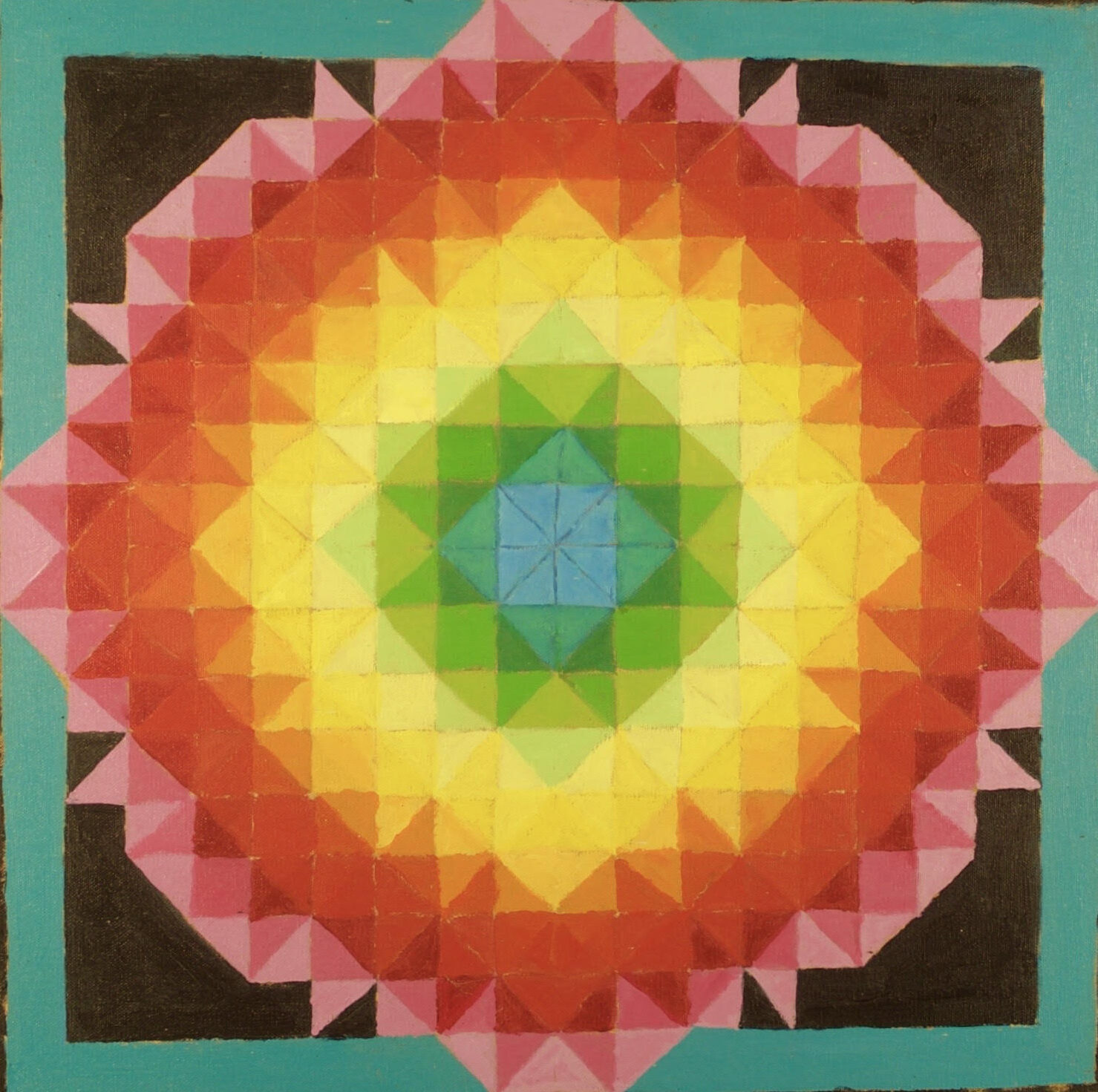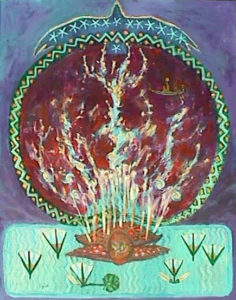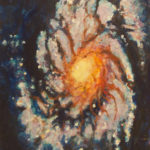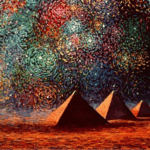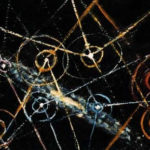
This anecdote begins chapter 1 of Stephen Hawking’s best selling book A Brief History of Time: From The Big Bang to Black Holes, written in 1988.
“A well-known scientist (some say it was Bertrand Russell) once gave a public lecture on astronomy. He described how the earth orbits around the sun and how the sun, in turn, orbits around the center of a vast collection of stars called our galaxy. At the end of the lecture, a little old lady at the back of the room got up and said: “What you have told us is rubbish. The world is really a flat plate supported on the back of a giant tortoise.” The scientist gave a superior smile before replying, “What is the tortoise standing on?” “You’re very clever, young man, very clever, ” said the old lady. “But it’s turtles all the way down!”
Most people would find the picture of our universe as an infinite tower of tortoises, rather ridiculous, but why do we think we know better? What do we know about the universe and how do we know it? Where did the universe come from and where is it going? Did the universe have a beginning and, if so, what happened before then? What is the nature of time? Will it ever come to an end? Can we go back in time? Recent breakthroughs in physics, made possible in part by fantastic new technologies, suggest answers to some of these longstanding questions. Someday these answers may seem as obvious to us as the earth orbiting the sun — or perhaps as ridiculous as a tower of tortoises. Only time (whatever that may be) will tell.” A plethora of new deep space telescopes is providing the tools to answer these timeless questions.
Hawking raises the point of whether the universe had a beginning or always existed. He compares our modern view with a venerable view from the past, an infinite stack of turtles.
VIEW OF ETERNITY
Today, the debate about eternity goes on but we still don’t know who is right. The science community believes the whole universe began 13.75 billion years ago in a volume of space smaller than an atom. The big bang begins from a singularity where there was nothing, not even space or time. Everything began in an instant. Archbishop James Ussher in Ireland centuries ago calculated that the world was born on October 23, 4004 bc. These theories are the same! The big bang theory is more religion than science. Hawking spent time with the mathematics of this creation but part of his agreement for science funding with Pope Paul II was that he would not speculate about before the big bang event because that would be the domain of God alone.
At the Orpheum Theatre in Vancouver, BC in 1993, Stephen Hawking was asked if we could escape the death of civilization by avoiding the big crunch. His answer, “No.” That is a dismal realization. But if the universe is eternal, then there are consequences and meaning to existence for all time. Philosophically speaking, an eternal universe is very attractive as it removes the necessity for a birth and/or death of the cosmos.
Personally, an infinitely old universe is far more exciting than one with a big bang beginning. Thinking about the big bang theory means thinking about a universe that only has a finite time before it dies a violent, fiery death in a big crunch or a cold death in darkness. Beginnings mean endings. In a finite universe there is not enough time for any civilization to explore space, immortalize life and build colonies with pyramids for the next generations of people as Feynman suggests. But this has happened. The evidence is all around us, representing probably a billion man hours of work across the globe. Thus the universe must be eternal.
The Ancient Egyptians supported the idea of eternity, although not infinite turtles, in their world view of periodic creation of matter from the primeval mound. The Egyptians describe a primeval mound that rose out of the chaotic waters. They were mainly interested in the birth of the Sun, Ra. In the Egyptian story creation begins in a dark, chaotic, inert void, directionless and without form but with a potential for creation. They viewed the world as a chaotic ocean. The Egyptian view is cyclical. They had an understanding of time; our science community doesn’t.
BEGINNINGS OR ETERNITY?
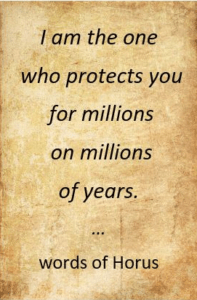
Is there any way to decide which of these two opposing views is correct? I think the answer is a resounding yes! If we find out that we are not alone, everything changes!
If we find evidence of a superior advanced civilization that creates works of art and science that are unexplainable to us, then we should consider that there is something else at play. We would know then that we are not the first of our kind but, in fact, are likely one of a long continuum of colonies that ride the evolution of the cosmos. In other words, if there is not enough time in 13.75 billion years to explore, conquer and colonize the universe, then we must open our eyes to considering the improbable but possible idea that we are a colony ourselves!
We have been taught and accepted views of the cosmos that offer no positive future for mankind, a spherical earth with no hope for space travel and a beginning to the cosmos which means it is very likely we are alone and one day we will all perish in a big crunch or a hot singularity.
On the other hand if we were to open our minds to the ancient views of the cosmos we would have an eternal cosmos, an explorable space in real time and we would have very likely others of us nearby. The Ancient Egyptians are known by Egyptologists as ‘the mother of all civilizations’. That would include us. All we have to do is accept that the Ancient Egyptians were truth tellers. The Egyptians called it Ma’at – justice, balance and cosmic order.
In the words of Sherlock Holmes:
“…when you have eliminated the impossible, whatever remains, however improbable, must be the truth.”
…Sir Arthur Conan Doyle from The Sign of the Four, ch. 6 (1890)
